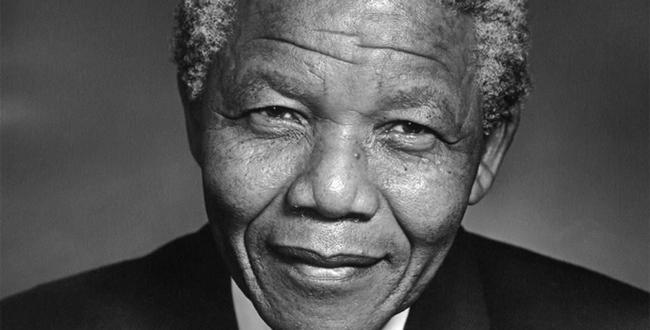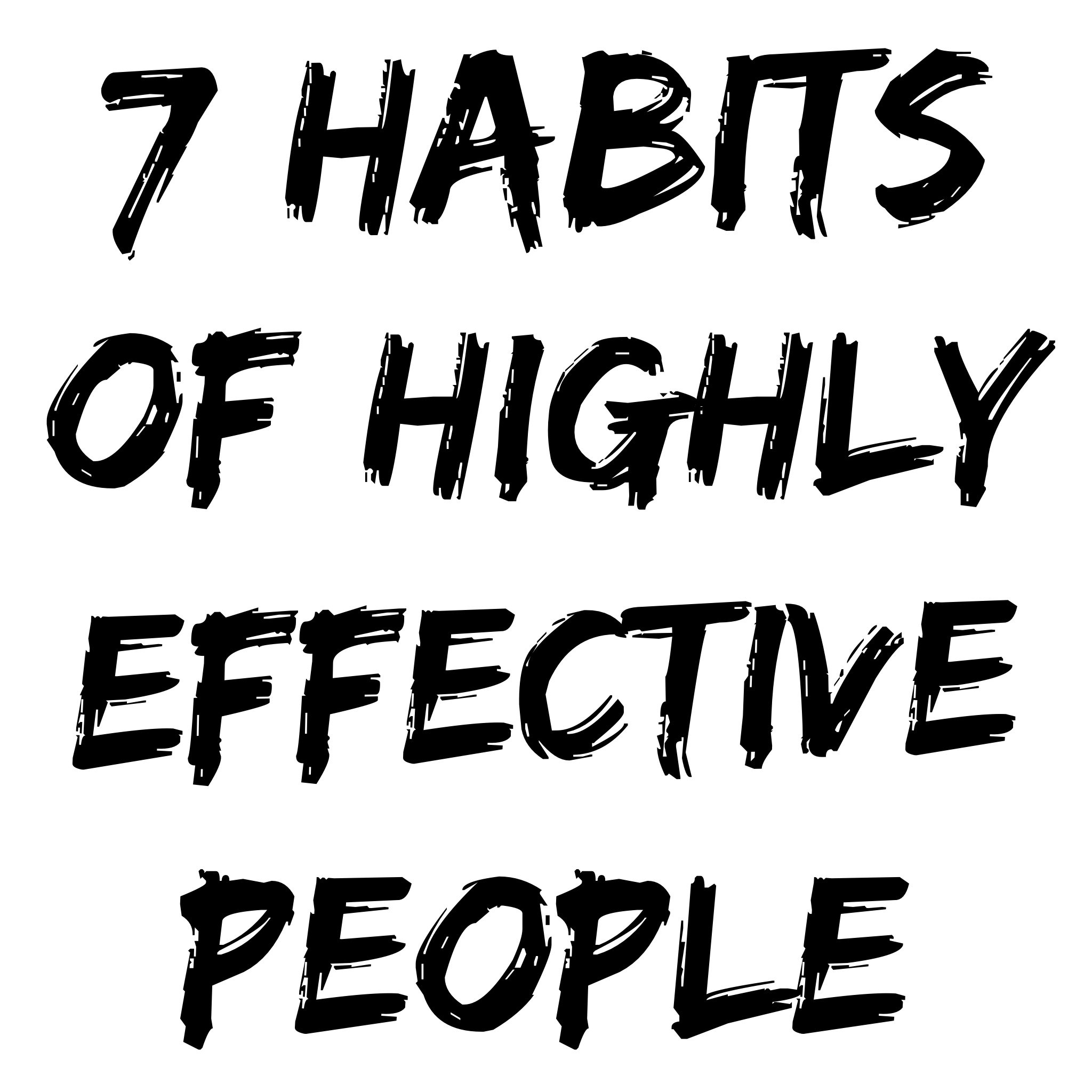Top 10 Qualities of Extraordinary Leaders
By Dean Bokhari | Follow Dean on Twitter

No one is born with extraordinary leadership qualities. Leadership is not inborn. Leadership is the result of several different qualities.
Today, you’re going to learn exactly what those are, as we fill in the blanks with a list of the top 10 qualities possessed by the most extraordinary leaders of our time.
Conscious
Number one on our list of leadership qualities is Consciousness — and for good reason. The word ‘Consciousness’ is defined as “the state of being aware and awake of one’s surroundings”[1]. The power of conscious awareness is to have an understanding of what you do and why you do it. To know that you, as a leader, are making a significant impact on those you lead, who in turn come together with you to operate as a unit to then make an even bigger impact on the rest of the world.
Clear
Anyone creating a leadership qualities list would be insane to forget this essential characteristic. In order to lead, you must communicate your desired outcomes with clarity.
Be clear and speak to those you lead in a manner that everyone understands.
Competent
Extraordinary leaders are extraordinarily competent at their craft. The first example that comes to mind is Bill Gates, founder and former chairman of Microsoft.
I know a lot people who have heard about the 10,000 hour rule made famous by Malcolm Gladwell in his phenomenal book “Outliers”.
I also know that most of those people didn’t actually read the book, resulting in a misinformed perception of what the 10,000 hour rule actually entails. For example: In the book, Gladwell digs deep into the contributors of what made Bill Gates, Bill Gates… What Gladwell uncovered were two primary factors that drove Gates’ success:
#1. Bill’s extraordinary competence within the software/computing field (obviously).
#2. Bill’s unforeseen opportunities…
Did you know Gates had been coding since he was in middle school? He used to sneak out in the middle of the night to a university within WALKING DISTANCE to his home — that ALSO gave him full access to - quite literally - the most cutting edge computer technology of those times.
Did I mention he used to get spare parts from Bill Hewlett — of Hewlett-Packard?
That’s like being an aspiring fashion designer and living next door to Giorgio Armani. At age 13, Gates was playing with cutting edge computer components like they were HotWheels cars from a Happy Meal.
Bottom line? The example above is by no means an effort to take a single thing away from Gates, but rather, to illustrate that ‘Competence’ requires:
(1) the skillful acquisition of knowledge, in conjunction with,
(2) a keen eye to recognize any opportunities that might allow an individual to put that knowledge to use.
Confident
Confidence and Competence can’t live without one another.
Competence without Confidence puts you at risk of blocking your ability to galvanize others (and yourself) to execute around your ideas.
An example of this, would be an intelligent person that never communicates their ideas because they lack the confidence/security to speak in public.
Confidence without Competence
… This is the zone I’ve observed most prominently with political figures, and I’m sure you can relate…We’ve all seen politicians deliver impeccable speeches with absolute confidence, only to witness their lack competence on the backend, as they fail to follow through on the promises and policies that got them into office in the first place.
Great leaders possess both Confidence and Competence.
If you’re among the latter seeking more of the former, here are some quick tips:
- No one is born confident. Confidence is cultivated. It’s a choice that successful leaders make everyday.
- Entertainment + Information = Success. Keep this formula in mind when delivering your message. Presenting loads of boring information with a poorly constructed communication strategy is an excellent way to fail miserably and block yourself from cultivating confidence.
- To summon more confidence when delivering your message, pepper it with a little entertainment value, we humans learn best through storytelling + metaphor; not information overload.
Information without impact is basically irrelevant…
Prior to moving on to the next quality, I want to leave you with one last point: If you’re not “competent” enough to cultivate the confidence to share what you know with those you lead or seek to inspire…then were you ever even competent in the first place? After all, keeping all your skills and expertise bottled up inside isn’t going to get you anywhere.
Courageous
Courage = to be scared and nervous and uncertain about what you’re about to do… and then DOING it anyway.
When I think “Courageous Leader”, the first two people that come to mind are Martin Luther King Jr., and Muhammad Younes of the Gramin Bank.
Why? Because they stood for the greater good and didn’t tolerate low-level systems, regardless of how scary it may have been to take action against those systems, they did it anyway.
That’s courage.
Collaborative
Collaboration occurs when two or more people come together to work together collectively. Great leaders foster collaboration in the workplace by setting up conditions that make it conducive for their employees to work together.
One of the keys to an “engaged” workplace is one that thrives on collaboration. Where people help each other because they want to, not because they have to. And this is wonderful for employees and managers — but not for leaders.
As a leader, it’s your job to make sure this happens in your organization, to foster an environment that’s conducive to collaboration…
Your role as a leader however, isn’t as simple as just “being more collaborative”. For those that possess the character qualities of extraordinary leadership, always do a little more than what most people see on the list… Great leaders set a prerequisite for themselves and their peers to take Collaboration to the next level, by seeking to create synergy. We’ve all heard this word before. But for the sake of not falling prey to the Law of Familiarity, lets remember how it’s defined: Synergy means to come together in hopes of creating something that is greater than the sum of its parts.
- Collaboration means to work together.
- Synergy means to collaborate until a Win-Win-Win is created for ALL parties involved (You—Your People—Your Customers).
Great leaders also foster a Collaborative and synergetic workplace through active listening. As Monty Cerf believed, leaders who know how to actively listen to the people involved in their business will know exactly what's going on in the business and implement what's needed to do to address concerns.
That’s why I like executives like Jeff Sinegal of Costco so much. As co-founder of Costco, his unwavering allegiance to the wellbeing of his employees is an anomaly in a world of CEOs that sacrifice their people for profit. When Walmart was cutting pay and taking out insurance policies on the lives of low-level employees,[2] Costco was writing letters to increase the minimum wage and paying their employees over $20 per hour - almost three times the minimum wage at the time of this writing.[3]
As an extraordinary leader, Jeff not only understands the importance of collaboration, he understands how important it is to take to the next level in order to ensure everyone is taken care of, regardless of the inevitable ebbs of the one-day-it’s-up-one-day-it’s-down type of conditions we see far too often in the crumbling (and primitive) economic systems of the 21st century.
Leaders like Jeff understand that when people feel that they’re valued for who they are, and when they feel that their their needs are met, only then do they “show up” in a sense that they feel part of the organization as opposed to feeling enslaved by it.
People that apply to work at Costco might take the job because of the pay, but they don’t stay there and work cheerfully year after year because of it. This only occurs as a result of an individual’s recognition that his/her needs are met — when they know they’re recognized for what they do, when they feel part of a team, when they know that what they’re doing matters.
Great leaders like Jeff Sinegal not only recognize these needs, but they take collaborative steps to insure they’re met… Do you?
Cheerful
To be cheerful means to look for positive solutions to things. To smile at others. To not allow things out of your control take your emotions on a roller coaster ride.
Never underestimate the “power of positive thinking”, but don’t depend on it either.
If you’re overweight and all you do is look at yourself and yell “I’m thin! I’m thin! I’m thin!” — you’ll never get anywhere. You need to be saying that to yourself while you’re in the gym working your butt off.
Creative
Creativity and innovation are only useful when they’re acted upon. To quote Peter Drucker:
“There is no lack of ideas in any organization I know. “Creativity” is not our problem. But few organizations ever get going on their own good ideas. Everybody is much too must on the tasks of yesterday.”
Those you lead are responsible for creating. YOU are responsible for letting them do it.
Committed
To be committed is to stand your ground and do what you believe in, all the while possessing a deep understanding of the power of flexibility.
Set goals, but don’t be rigid.
Measure results, but don’t let them define you.
Remain committed, but only to those things that matter most.
Contributive
Contribution is far more than a leadership quality, it’s a core human NEED.
One of my favorite quotes, by George Bernard Shaw, is an excellent example of how I choose to lead my life, my organization, and how the members of my firm and I suggest other leaders to adopt as well:
“This is the true joy in life, being used for a purpose recognized by yourself as a mighty one; being a force of nature instead of a feverish selfish clod of ailments and grievances complaining that the world will not devote itself to making you happy. I am of the opinion that my life belongs to the whole community and as long as I live it is my privilege to do for it whatever I can. I want to be thoroughly used up when I die, for the harder I work, the more I love. I rejoice in life for its own sake. Life is no ‘brief candle’ to me. It is sort of a splendid torch which I have a hold of for the moment, and I want to make it burn as brightly as possible before handing it over to future generations.”
The day I read the words you see above, was the day I realized what it means to make a REAL difference — to quit complaining, to choose my own meaning of life, to stop looking for happiness in the future, to love life because I’m alive, and to really and truly want to have been “thoroughly used up” when my time has come, and to leave this world in peace.
To really make a difference is to understand that it’s not about you.
It’s not you that makes a difference — it’s the impact, the ideas, the changes that YOU ENABLE in OTHERS — that is what truly makes a difference.
Recap - List Of The Top 10 Qualities of Extraordinary Leaders:
1. Conscious
2. Clear
3. Confident
4. Competent
5. Courageous
6. Collaborative
7. Cheerful
8. Creative
9. Committed
10. Contributive
[1] www.dictionary.com
[2] http://www.commondreams.org/headlines05/1102-06.htm
http://www.chron.com/business/article/Houston-widow-sues-after-bank-profits-on-1722146.php
[3] http://www.businessweek.com/articles/2013-06-06/costco-ceo-craig-jelinek-leads-the-cheapest-happiest-company-in-the-world
LIVE LIKE YOU GIVE A DAMN,
DEAN BOKHARI // Join 593,201 members of the Meaningful Movement »
Connect with Dean:
Subscribe to blog (it's free) | X: @deanbokhari | Facebook | LinkedIn
- If you find the podcast helpful, please rate + review it on Apple Podcasts »
- Got a Self-Improvement question you'd like me to cover? Submit it here »
"Dean Bokhari's Meaningful Show is the Self-Improvement Podcast I've been
waiting for. It's actionable, inspiring, and BS-Free."--Brett Silo



















